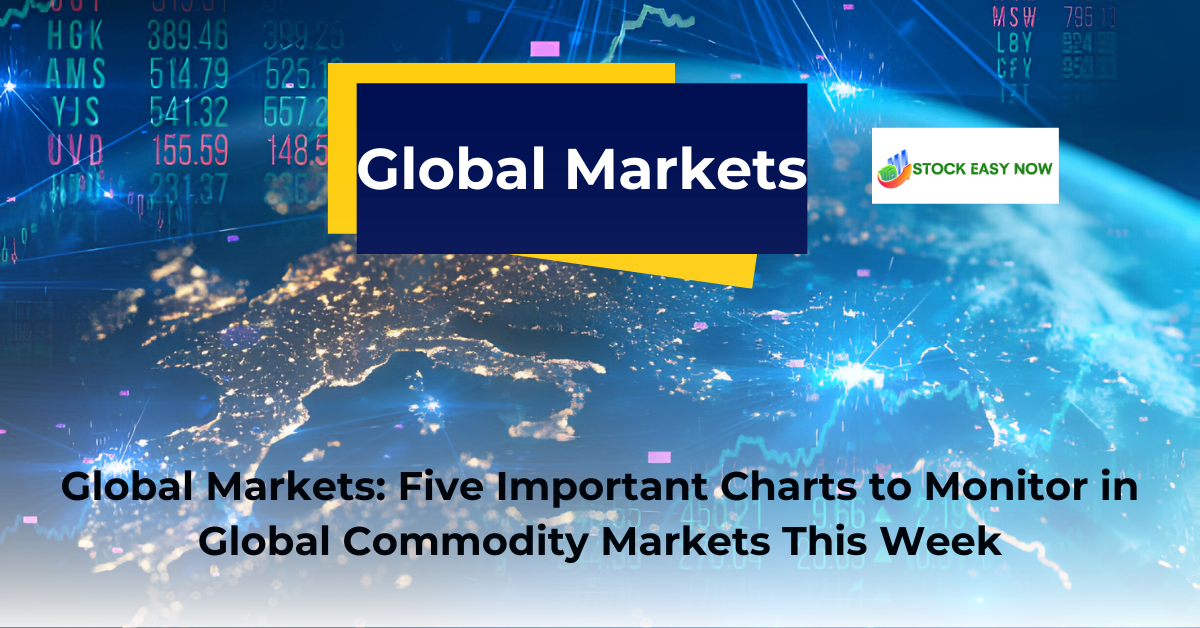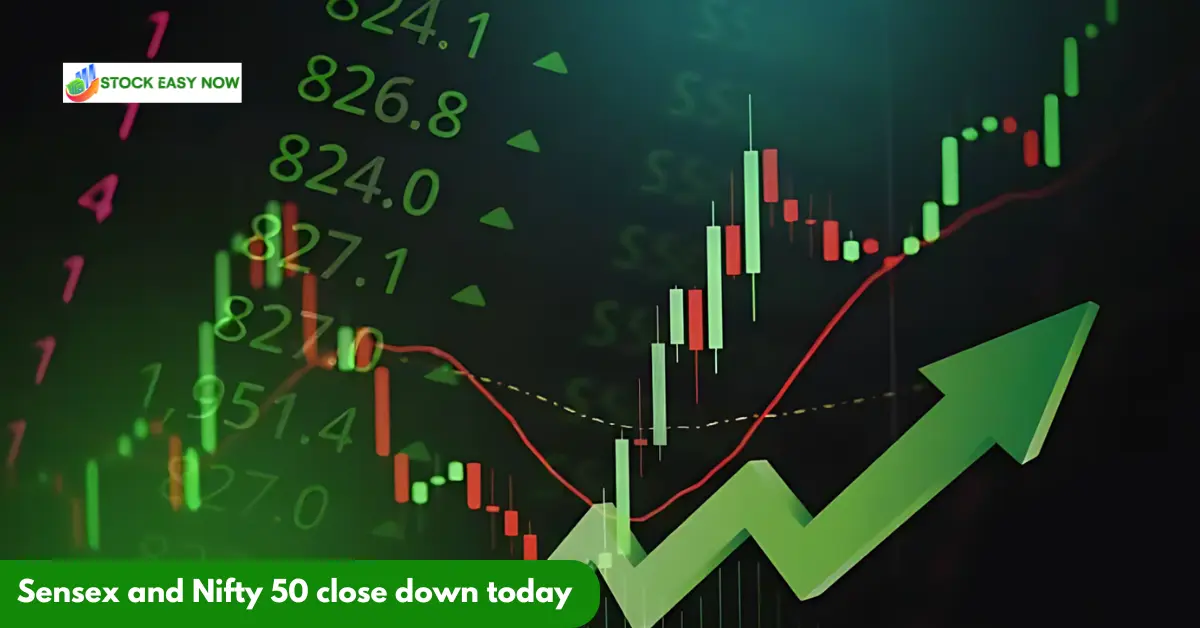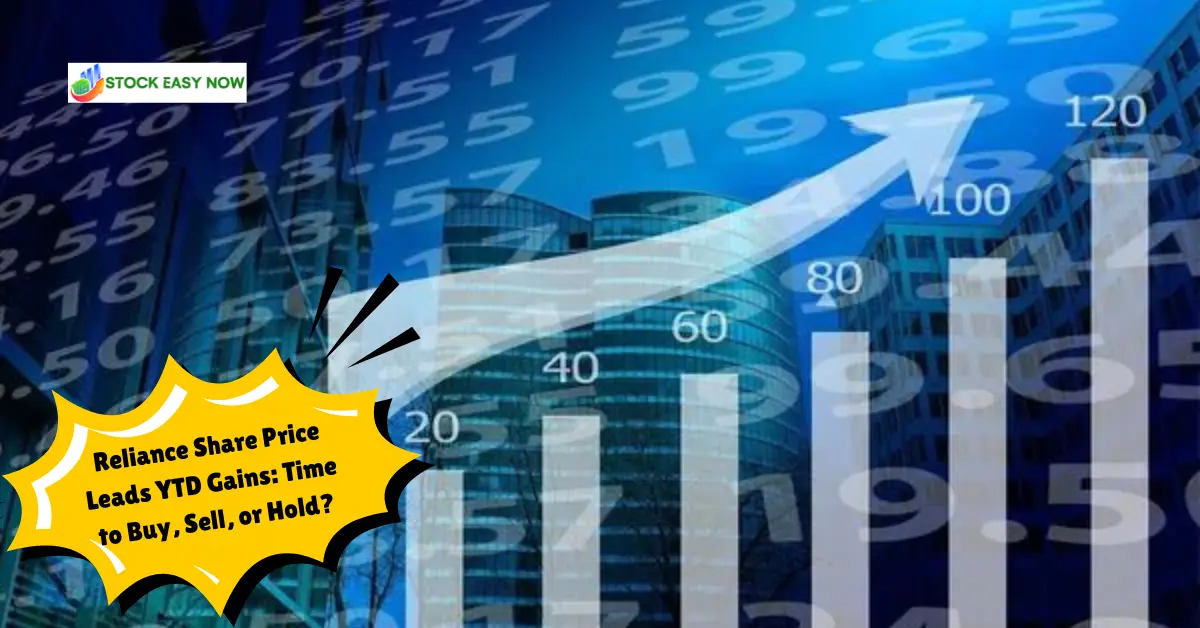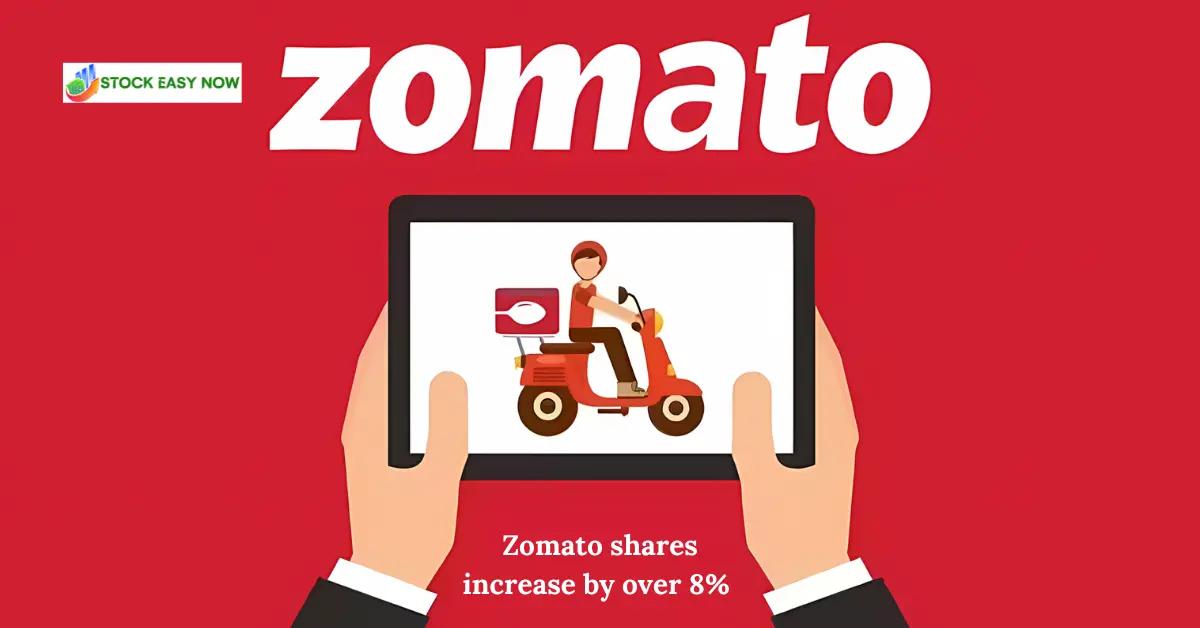Global Markets: Oil traders will be actively assessing the implications of the Iranian strike on Israel over the weekend, aiming to incorporate its effects into the global market pricing. Similarly, in the metals sphere, close attention will be paid to the aftermath of the London Metal Exchange’s decision to prohibit new Russian supplies, as this decision could reverberate throughout the industry. Concurrently, the annual BNEF Summit is set to commence in New York, serving as a focal point for project developers, government officials, and bankers to engage in discussions surrounding the prevailing trends in the energy transition on a global scale. -Global Markets
Here are five noteworthy charts for you to review as the week begins in the global commodity markets.
Oil
Global benchmark Brent crude has shrugged off Iran’s attack on Israel over the weekend, but the direct strike marks a perilous new phase in the Middle East conflict. The escalation will compel the market to reconsider the geopolitical risk premium that it must apply in a market where tight supply-demand fundamentals have already driven prices beyond $90 a barrel. The region generates a third of the world’s crude.
Energy
Energy equities have risen sharply this year, driven by oil, and are now outperforming technology indexes. The Nasdaq 100 Index has gained just 7% since the beginning of the year, while the actively followed Energy Select Sector exchange-traded fund, or XLE, has increased by about 15%. Since mid-March, when West Texas Intermediate crude broke above $80 per barrel, rising oil prices have been beneficial. Since the beginning of March, the S&P 500’s 11 market sectors have been led by the energy sector, which has increased by more than 11%. The next closest group, communication services, is at 5.8%, while the overall index has decreased by 0.3%.
Aluminum
The London Metal Exchange (LME) has prohibited the delivery of new Russian metal in response to sanctions from the US and UK. However, it has left room for a potential influx of existing stocks into the market, increasing the possibility of pricing inconsistencies. Metal produced in Russia after April 13 will not be accepted for delivery to the LME, a pivotal institution in the global metals industry responsible for establishing benchmark prices for various commodities such as copper and zinc. Aluminum, which has experienced a significant increase in value since late February, saw a surge of over 6% at the opening following this development.
Eggs
Bird flu is on the rise again: the leading US egg producer reported the worst epidemic since December, and the highly pathogenic avian influenza virus has spread to dairy cows. So far, egg costs have remained relatively stable, but there are concerns that they may climb again as more egg-laying chickens with the virus during the peak migration season for wild birds. The worst-ever outbreak has never completely subsided since it was discovered in the United States in February 2022.
Also Read: Today’s Global Markets
Clean Tech
BloombergNEF reports that the global reliance on China has grown significantly for the technologies essential to facilitate a worldwide shift away from fossil fuels. Rapid investment has propelled China’s share of global production capacity to over 80% in 11 segments of clean-technology value chains. Projections indicate that China’s capacity will considerably exceed global demand for solar, batteries, and electric vehicles for the foreseeable future. Discussions at BNEF’s summit on Tuesday and Wednesday will include supply chain issues in the realm of clean energy.





